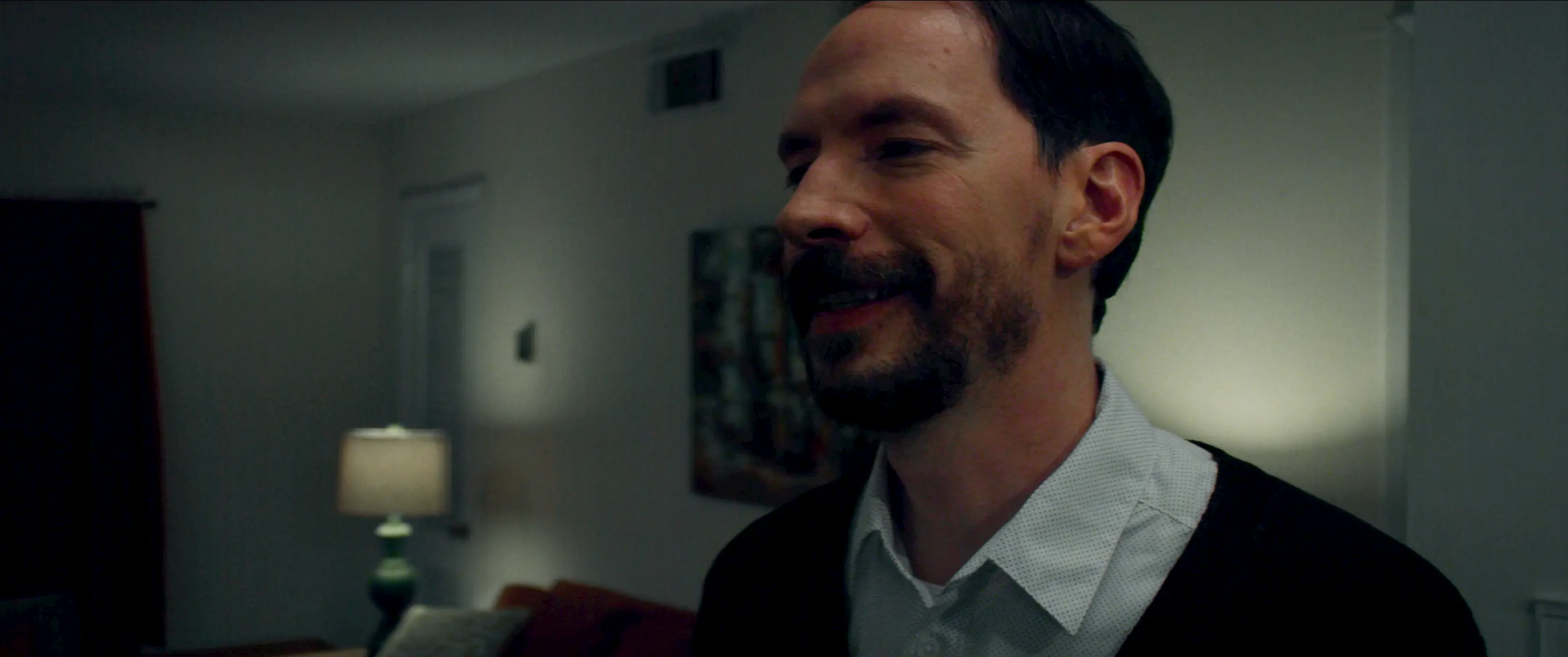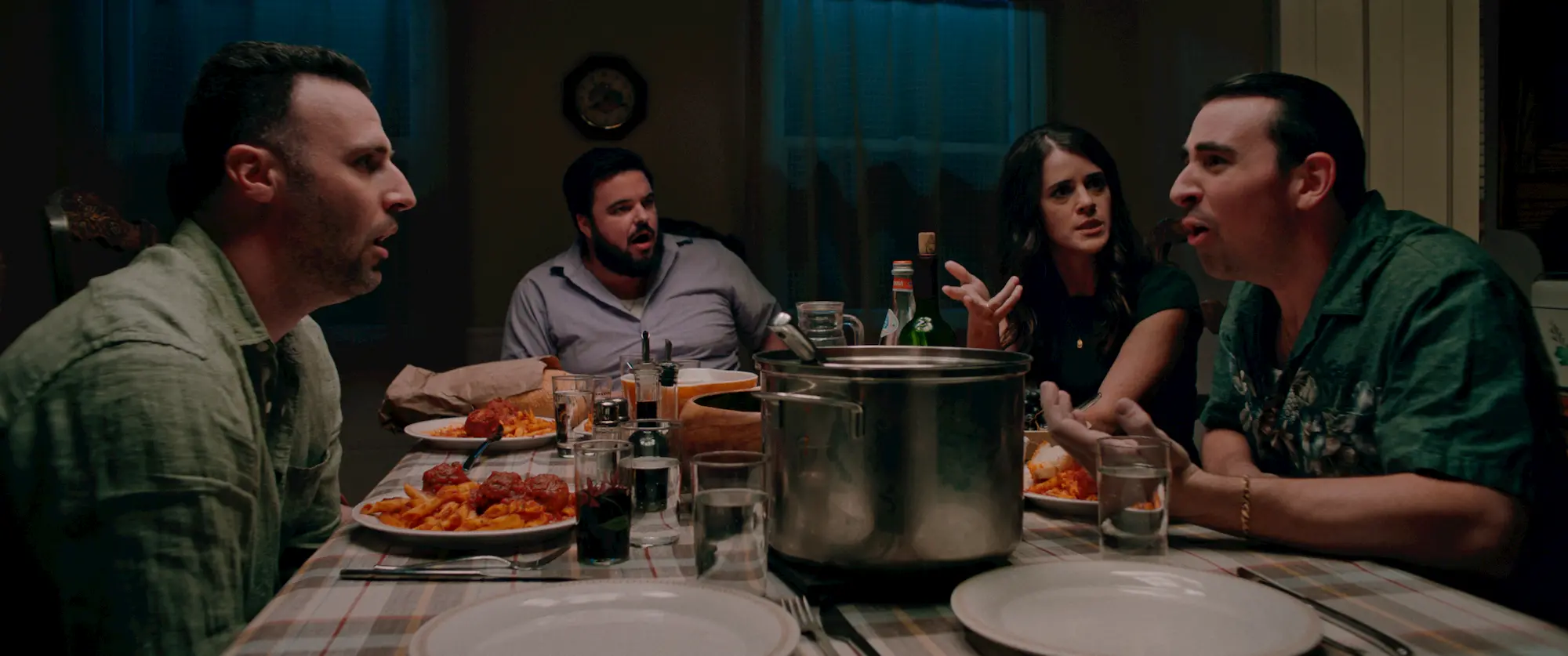What You Can Learn From These 6 Films Financed by The Film Fund
We’ve been busy here at The Film Fund, and we’re finally ramping up to produce even more films to help independent filmmakers get their passion projects off the ground. With our newly-launched funding network, filmmakers will be able to submit to ongoing funding opportunities after entering one of our main contests.
Read on for analysis of six films funded by The Film Fund below.
1. Treehouse — 2018
Winning sentence: “A man struggles to understand why each attempt to build the perfect treehouse leaves him staring at an empty tree with no evidence of previous work; the funding will go to creating multiple treehouses.”
Treehouse, written and directed by Matthew Greenberg, takes the myth of Sisyphus and morphs it with a relatable modern day scenario, turning Sisyphus into a suburban dad grasping for validation from his family. Greenberg turns the boulder from the original myth into, you guessed it, a treehouse for the father’s kids.
He toils away at the treehouse day after day, but the next morning—always—it’s gone. He searches for meaning in this work, but fruition doesn’t come until he finally asks his wife the question “but what if they don’t like it?”

In this premise, Greenberg presents both humor as well as conflict: in a single sentence he places external conflict between the man and the treehouse, and he places internal conflict in the form of the man’s inherent frustration with himself. Greenberg pitches all this in one sentence under two-hundred characters.
One of the most interesting things Greenberg notes in his entry is his use of funding. Coupled with the conflict-driven humorous concept, he states that the funding would be used for treehouse supplies. There are a few reasons this caught our eye. First, it highlights the importance of the treehouse to the story, directly relating the funding use to the film’s premise.
We have to admit, some of our judges initially laughed when they saw How to Build a Treehouse for Dummies on Greenberg’s expense report. But while funny, it showed us how important to the story the treehouse is.
While it may not have been the biggest expense in the report, it surely represents a creative use of funds that bolsters the initial concept, showcasing the director’s attention to detail.

Some interesting things to note about Greenberg’s direction: (some spoilers):
He effectively tells his story with cinematography (specifically, his camera movement), score, and minimal dialogue.
In one of the early scenes when he reveals the mother, Greenberg tilts the frame into a disorienting canted angle without cutting or tracking around the father, a move that amplifies the disorientation and confusion of the father after he realizes his construction work has disappeared.
The score creates anticipation, tension, and humor at times, providing a grandiose seriousness to what initially seems like a comedic plot. Greenberg’s use of dialogue via the conversation between husband and wife—which doesn’t happen until halfway through the film, with the exception of a hilarious almost-expletive—gives existential meaning to an otherwise lighthearted story.
He asks “what if they don’t like it,” doubting the meaning of his own work and wondering whether his kids will appreciate his toils. But the wife’s response—that they’ll like whatever he creates—gives him the confidence to attribute meaning to his work, a key facet of existentialism and the point of choosing to live one’s life.
All of these aspects transform what could have been a lighthearted and silly tale into a serious film about life and the importance of family.
2. AMERICANO — Tim Viola
Watch the full film on iTunes or Amazon (free with Prime)!
Winning sentence: “When an undocumented refugee hacker discovers evidence linking a politician to a tragedy on social media, he teams up with a PR director to expose the story; film shot–need funds for post-production.”
AMERICANO’s entry puts forth more of an external conflict than Treehouse’s does, although both types of conflict exist within the story (they usually do, just at different degrees).
Viola pitched a political thriller about a Syrian refugee hacker used as a political pawn in a local election, and his entry states that the funds would be used for post-production, including effects and sound design.
Given the VFX requirements associated with a modern hacker story, our judges felt this directly tied to an already incredibly creative and conflict-driven premise.
A man wants freedom, what he considers the American Dream, “what this place promises.” But a corrupt politician manipulates him into political espionage in exchange for his freedom. So, can you see what the stakes are here? Deportation by ICE.

With a brief mention of the words “Syrian political hacker” in his pitch, Viola communicates the potential for several different conflicts, without needing to explain any of them. Given current events in the past several years, anything to do with Syria has potential for a good conflict-driven story. Politics? Look at our current political ecosystem and the media frenzy we’re experiencing. Emails, cryptocurrency, the dark web, refugees, building walls, dictators… pick one and combine it with hacking, and there exists potential for a myriad of good conflict-driven stories. And as explained above, Viola’s use of funds earmarked for post-production bolsters the “hacker” component of his pitch.

But even without current events, Viola strengthens his story through the use of beautiful cinematography, award-winning editing, and a hint of patriotic magical realism. These facets contribute to tell a story not about the American dream and the firestorm of politics we’re currently amid, but a story about family, loyalty, and love.
4. I Love Jazz — David Oster

Narrative short film currently on the festival circuit.
Stay tuned and subscribe to our updates to see David’s winning sentence!
[fc id=’6′ type=’popup’][/fc]4. Sunday Dinner — Don Fanelli

Winning sentence: “An Italian-American man confesses to his passionate siblings that he is now vegan and refuses to eat their traditional Sunday meatballs and I need $ for a DP & prod design.”
We’ve written an in-depth analysis of how this pitch sentence successfully gets its conflict-driven premise across. Check it out here!
5. Unnamed Documentary — Elia Urquiza

Still in production.
Stay tuned and subscribe to our updates to see Elia’s winning sentence!
[fc id=’6′ type=’popup’][/fc]6. Unnamed Community Project — Mark Cooper + ???

Still in development. Stay tuned for a poignant story about the sadness associated with slowly and unconsciously losing one’s hearing.
Stay tuned and subscribe to our updates to see the final film!
[fc id=’6′ type=’popup’][/fc]
Treehouse was such a charming film. Loved the story! Great camera work and color.
Hey, thanks! So glad you liked it. We’ll pass your comment along to Matthew Greenberg, the director. 🙂